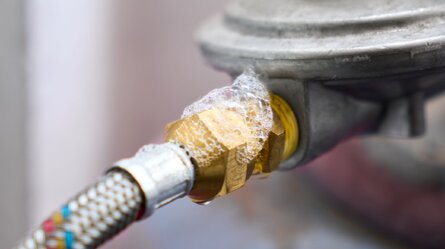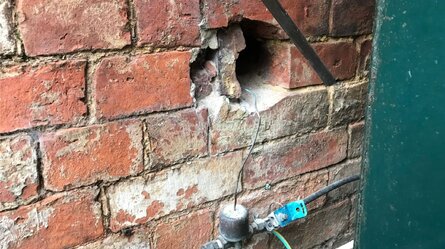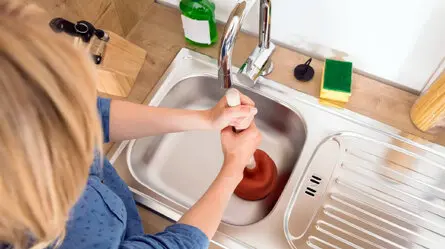A recent tragedy in Sydney, where a woman lost her life in a suspected gas explosion, underscores the terrifying reality of gas leaks. The New South Wales premier has pledged increased funding for social housing repairs, a critical step, but it also highlights the urgent need for widespread gas safety awareness.
Gas leaks can pose serious threats to both homes and businesses, with the potential for explosions, fires, and even carbon monoxide poisoning. This guide aims to provide you with crucial knowledge to prevent these dangers, keeping your family and property safe. Dive into practical tips, expert advice, and lifesaving insights to shield your home from these hidden hazards.
Let’s Start With The Basics
Gas leaks pose significant risks to your home and loved ones. Understanding the causes and dangers can help ensure your safety.
Definition and Causes
A gas leak occurs when natural gas escapes from gas lines or appliances. Common causes include faulty gas appliances, poor ventilation, and damaged gas lines.
Regular inspections and maintenance of your gas appliances can help prevent gas leaks. To prevent gas leaks in your home or business, make sure your gas system is checked by a licensed gas fitter.
Potential Dangers
Gas leaks can lead to serious hazards such as fires and explosions. Natural gas leaks may cause carbon monoxide poisoning, a silent threat to your home and family.
You might notice the smell of gas, hear hissing near gas lines or see an unexpected jump in your gas meter reading. If you think there’s a gas leak, switch off the gas supply right away, get out of the area, and call emergency services immediately.
Installing carbon monoxide detectors and gas leak detectors can also help detect potential gas leaks early.
What Are The Detection Methods?
Gas leaks pose significant risks, making detection essential for safety. Here’s what you need to know.
Signs of a Gas Leak
Detecting a gas leak can often rely on your senses. Smell is the most common indicator; natural gas has a distinct, sulphur-like odour. If you smell gas, it’s crucial to take immediate action.
Sound is another sign—listen for hissing noises near gas line appliances. Sight includes visible damage to your gas lines or a sudden spike in your gas meter usage. Signs and symptoms of gas leaks may also manifest as dead vegetation near gas lines.
Technological Solutions
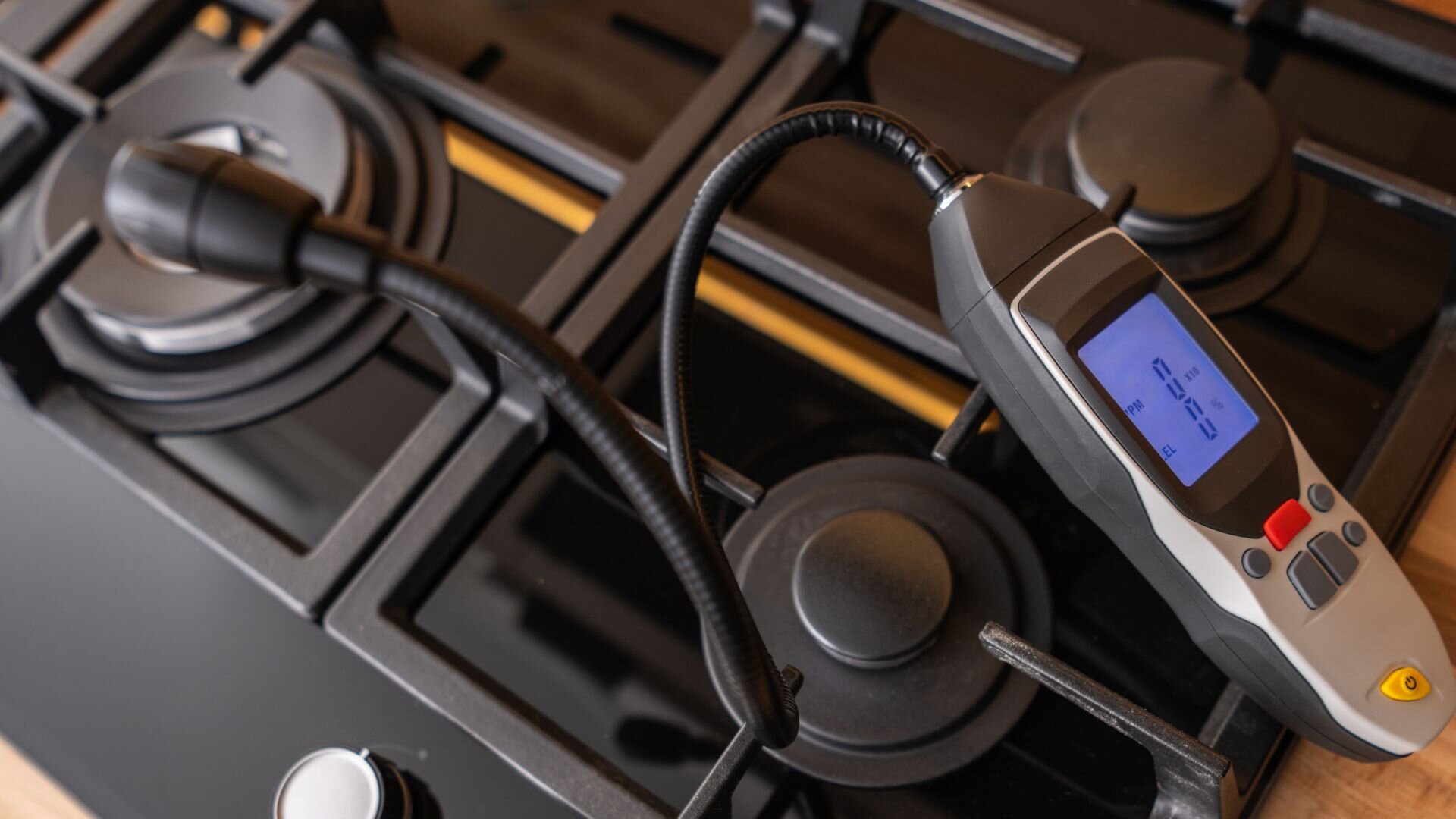
Gas detectors and alarms are essential tools for spotting gas leaks, helping to keep your home and family safe. Many of these devices can detect both natural gas and carbon monoxide leaks.
When purchasing, look for features like sensitivity to different gas types, a loud alarm, and compatibility with carbon monoxide detectors. Energy Safe Victoria emphasises the importance of these devices in preventing gas leaks.
Regular inspections and maintenance of gas appliances are critical. To prevent gas leaks, make sure your gas lines and appliances are checked by a licensed gas fitter.
Place detectors near gas appliances and ensure they are functioning properly. In the event of a gas leak, turn off the gas supply immediately and contact emergency services. Regularly checking doors and windows for proper ventilation can also reduce the risk of gas leaks.
Adhering to safety tips to prevent gas leaks can help prevent potential gas leak disasters. It’s important to understand how to prevent gas leak incidents to ensure the safety of your home and your family.
Our Top Preventive Measures
Gas leaks can pose serious risks, but preventive measures can help ensure the safety of your home and family.
Regular Maintenance
Routine checks and servicing of gas appliances are crucial in preventing gas leaks. Regular maintenance can identify potential issues before they become hazards. Gas leaks can occur due to wear and tear, making it essential to schedule inspections with a licensed gas fitter.
Ensuring your gas lines and appliances are in good condition can significantly reduce the risk of leaks. Regular inspections should include checking your gas meter and gas line appliances for any signs of damage. This proactive approach can prevent gas leaks and ensure natural gas safety in your home.
Proper Installation
Proper installation of gas systems and appliances is critical to preventing gas leakage. Professional installation by a licensed gas fitter ensures that all components are correctly fitted and secure.
Incorrect installation can lead to leaks, posing dangers to your home family. Make sure your installations comply with safety standards to mitigate the risk of gas leaks. In the event a gas leak occurs due to faulty installation, it’s vital to turn off the gas supply immediately and seek assistance from emergency services.
Ventilation
Adequate ventilation plays a vital role in preventing gas accumulation. Proper airflow can disperse any leaked gas, reducing the risk of fire or explosion. Installing gas appliances in well-ventilated areas and ensuring doors and windows can be opened easily are essential steps.
Good ventilation disperses gases, preventing carbon monoxide buildup—a harmful byproduct of incomplete combustion. Energy Safe Victoria advises keeping ventilation paths clear to ensure home safety.
Incorporating these preventive measures—regular maintenance, proper installation, and adequate ventilation—can help prevent gas leak incidents. These steps are essential for ensuring the safety of your home and your family, safeguarding against the potential dangers posed by gas leaks.
Steps For Emergency Response
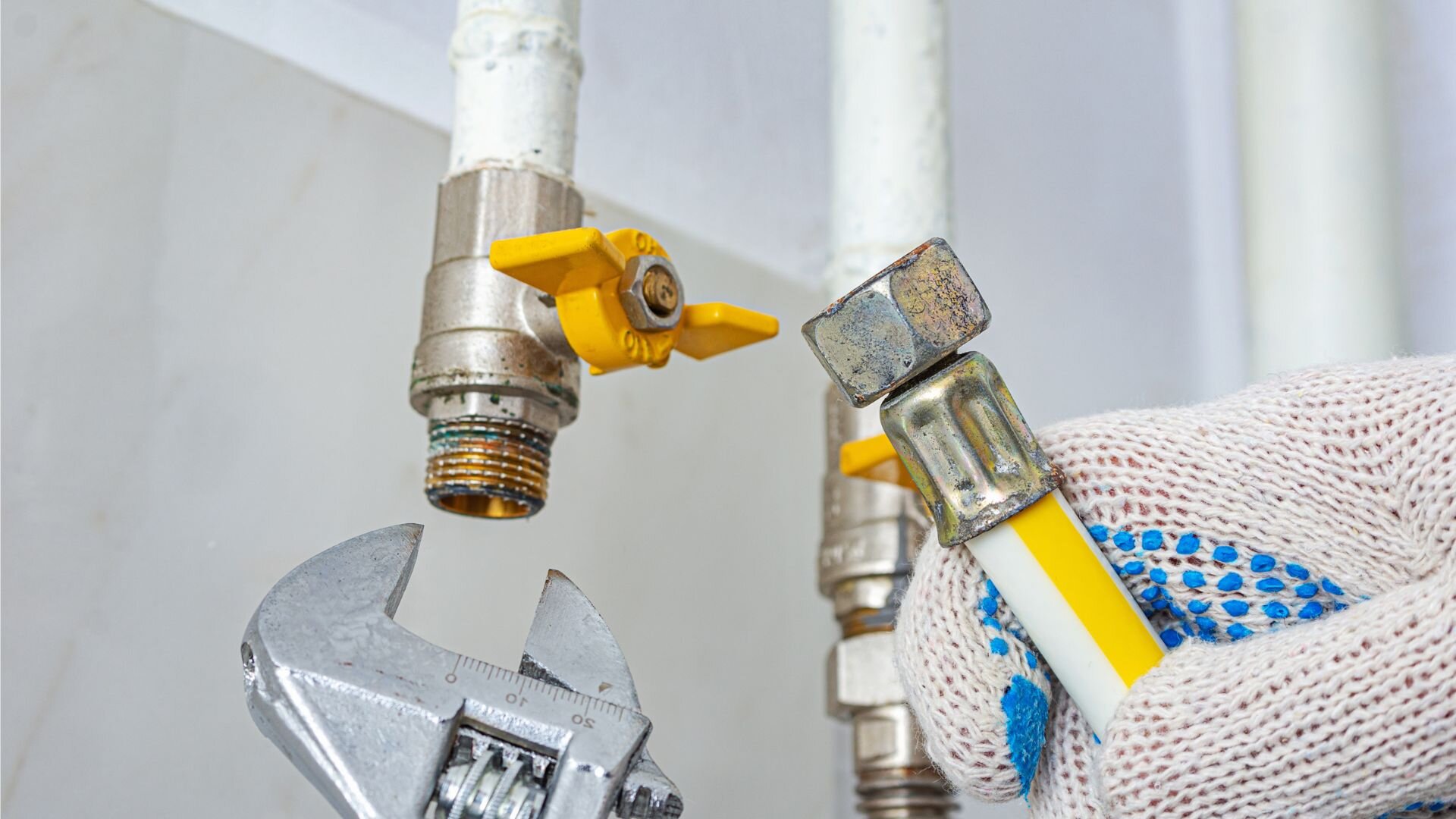
Gas leaks require swift action to ensure safety. Here’s what to do if you suspect a gas leak.
Immediate Actions
- Stay Calm: Remain calm and act quickly.
- Smell Gas: If you smell gas, take it seriously.
- Avoid Sparks: Don’t use electrical switches or open flames. This includes not using mobile phones near the leak.
- Ventilate: Open doors and windows to disperse the gas if it’s safe to do so.
- Turn Off Gas Supply: Locate your gas meter and turn off the gas supply.
- Evacuate: Leave the area immediately with your family and pets.
- Contact Authorities: Call emergency services and your gas supplier from a safe location.
- Do Not Return: Stay away until professionals confirm it’s safe.
Evacuation Plans
Having a clear evacuation plan is crucial for the safety of your home. Ensure all family members know the plan and practice it regularly.
Designate a safe meeting point outside your home. Regular drills can help everyone respond effectively in an emergency. Make sure your plan considers those who may need assistance, like children or the elderly.
Practising these steps can prevent panic and ensure a swift, safe response to gas leaks.
Creating a Safety Culture
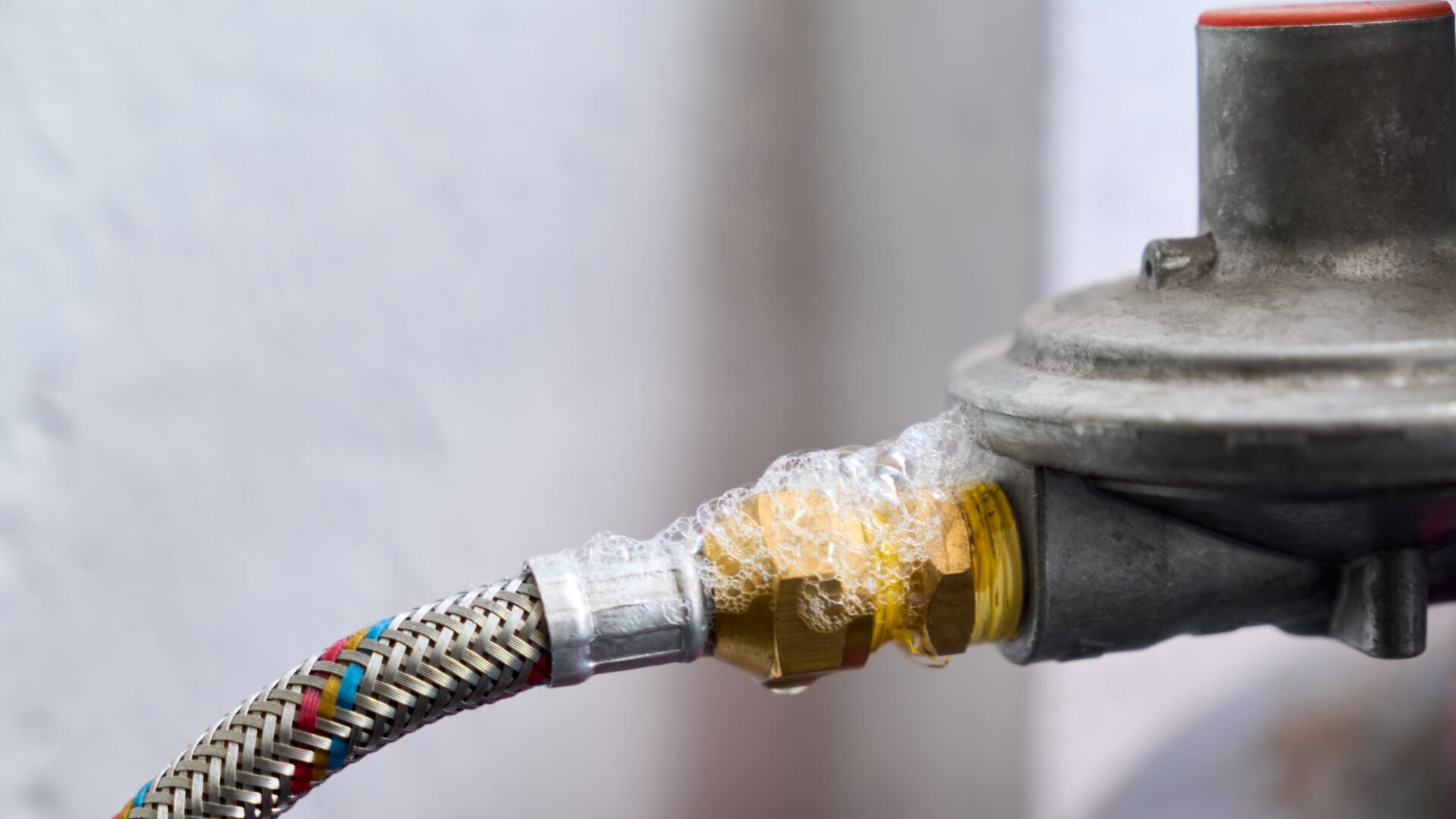
Creating a safety culture around gas is essential for community well-being.
Community Awareness
Encourage participation in community education programs and workshops focused on gas safety. These initiatives can provide valuable information on preventing gas leaks and handling emergencies.
Family Preparedness
Families can prepare by conducting regular safety drills and installing gas detectors. Make sure everyone knows how to turn off the gas supply and recognise signs of a gas leak.
Utilise resources like brochures and online materials to educate your family about gas safety measures. Regular discussions can reinforce the importance of staying vigilant and prepared.
Safety Starts Here
Fostering a gas safety culture is key to safeguarding your home and community. Strategies like regular maintenance, correct installation, and sufficient ventilation play a crucial role in preventing gas leaks.
Regular checks and servicing of gas appliances can identify potential issues early, reducing the risk of leaks. Proper installation by licensed professionals ensures systems are secure, while good ventilation prevents gas accumulation. These preventive measures are vital for safeguarding your home and family from the dangers of gas leaks.
Take proactive steps in implementing these safety measures. By staying vigilant and prepared, you can significantly reduce the risks associated with gas leaks.
For professional assistance, consider reaching out to Woolf Plumbing. As a reliable service provider, Woolf Plumbing offers expert gas leak services, ensuring your gas systems are safe and efficient.
Their skilled team offers inspections, installations, and emergency responses, bringing you peace of mind. Reach out to Woolf Plumbing today to boost your gas safety measures and safeguard your loved ones.


